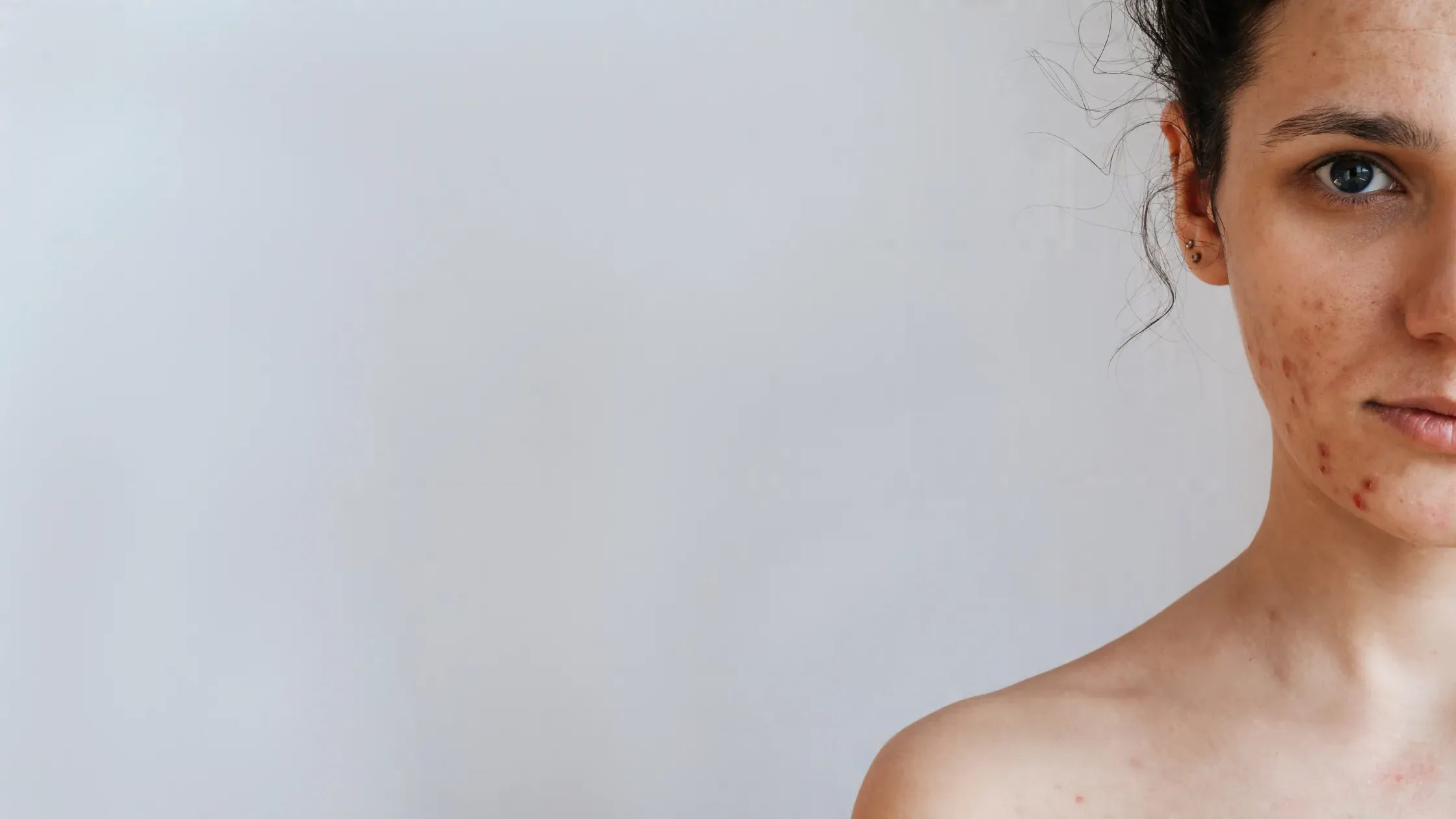Effective Skin Barrier Repair for Acne-Prone Skin
Your skin barrier plays a crucial role in maintaining overall skin health, especially for those struggling with acne-prone skin. Understanding how to repair and strengthen this barrier can lead to clearer, healthier skin. This guide will explore the importance of skin barrier repair, effective ingredients, and best practices to help you achieve your skincare goals.
What is the Skin Barrier?
The skin barrier, also known as the stratum corneum, is the outermost layer of your skin. It acts as a protective shield against environmental aggressors, such as pollution and bacteria, while also preventing moisture loss. A compromised skin barrier can lead to various issues, including dryness, irritation, and increased acne breakouts. For those with acne-prone skin, repairing the barrier is essential to achieving a balanced and healthy complexion.
Why is Skin Barrier Repair Important for Acne-Prone Skin?
When your skin barrier is damaged, it can exacerbate existing skin concerns. For acne-prone individuals, this damage can lead to increased inflammation, redness, and sensitivity. By focusing on skin barrier repair, you can:
- Reduce Inflammation: A healthy barrier helps calm inflammation, which is often a contributing factor to acne.
- Maintain Hydration: A well-functioning barrier retains moisture, preventing dryness that can trigger more oil production and, subsequently, breakouts.
- Minimize Irritation: Strengthening the barrier reduces sensitivity to external irritants, making your skin less reactive.
Key Ingredients for Skin Barrier Repair
Several ingredients are known for their ability to support and repair the skin barrier, making them ideal for acne-prone skin:
1. Niacinamide
Niacinamide, a form of vitamin B3, is celebrated for its versatility in skincare. It helps reinforce the skin barrier, regulates oil production, and reduces inflammation. By incorporating niacinamide into your routine, you can expect:
- Minimized pores and controlled oil production.
- An even skin tone and improved texture.
- Reduced redness and inflammation.
2. Ceramides
Ceramides are essential lipids that make up a significant portion of the skin barrier. They help retain moisture and protect against environmental damage. Using products that contain ceramides can:
- Repair damaged skin barriers.
- Improve hydration by preventing transepidermal water loss (TEWL).
- Soothe inflammation and reduce redness.
3. Hyaluronic Acid
Hyaluronic acid is a powerful humectant that attracts moisture to the skin. It helps keep the skin hydrated and plump, which is crucial for maintaining a healthy barrier. Regular use of hyaluronic acid can:
- Enhance moisture retention.
- Improve skin elasticity.
- Support overall skin health.
4. Fatty Acids
Fatty acids, such as omega-3 and omega-6, are vital for skin health. They help repair the skin barrier and reduce inflammation. Incorporating fatty acids into your skincare can:
- Support skin barrier function.
- Reduce redness and irritation.
- Enhance overall hydration.
Best Practices for Skin Barrier Repair
To effectively repair your skin barrier, consider the following practices:
1. Gentle Cleansing
Use a gentle, non-stripping cleanser to avoid disrupting the skin barrier. Look for products that are sulfate-free and formulated for sensitive skin. Avoid harsh scrubs or exfoliants that can cause further irritation.
2. Hydration is Key
Hydrating your skin is essential for barrier repair. Use a hydrating serum containing hyaluronic acid and follow up with a moisturizer that includes ceramides and fatty acids to lock in moisture.
3. Avoid Harsh Ingredients
Steer clear of products containing alcohol, fragrances, and strong exfoliants, as these can irritate the skin and compromise the barrier. Instead, opt for gentle, soothing formulations.
4. Consistency is Crucial
Repairing your skin barrier takes time and consistency. Incorporate barrier-repairing ingredients into your daily routine and give your skin time to adjust and heal.
5. Patch Test New Products
Before introducing new products into your routine, perform a patch test to ensure your skin reacts well. This is especially important for those with sensitive or acne-prone skin.
Common FAQs
What are the signs of a damaged skin barrier?
Common signs include dryness, redness, irritation, increased sensitivity, and frequent breakouts. If you notice these symptoms, it may be time to focus on repairing your skin barrier.
How long does it take to repair the skin barrier?
Repairing the skin barrier can take anywhere from a few weeks to several months, depending on the extent of the damage and the consistency of your skincare routine.
Can I use multiple products for skin barrier repair?
Yes, you can layer products containing barrier-repairing ingredients. Just ensure they are compatible and suitable for your skin type to avoid irritation.
Is it necessary to use sunscreen while repairing the skin barrier?
Absolutely. Protecting your skin from UV damage is crucial, especially when you're focusing on repairing the barrier. Use a broad-spectrum sunscreen daily.
By understanding the importance of skin barrier repair and incorporating effective ingredients into your routine, you can achieve healthier, clearer skin. Solved Skin offers targeted solutions that are designed to help improve skin health with continuous use, ensuring that you can confidently face each day with radiant skin.








